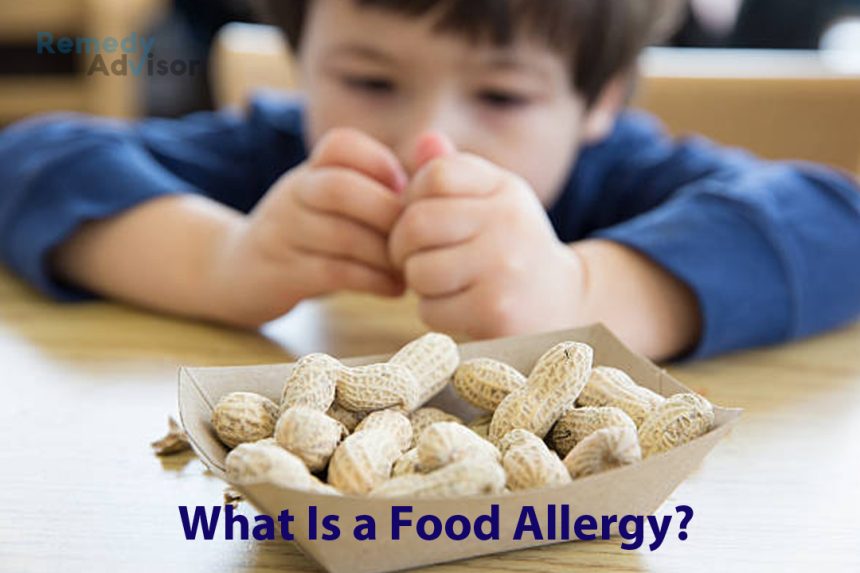Every year, hundreds of people suffering from chronic health conditions headaches, anxiety, asthma, heart disease, arthritis, mood swings and more come to me for help.
One of the first questions I ask them is, What do you eat?
Reason
The most basic fact of our health is food, since every cell of our body comes from what we eat. Many people I see are making efforts to eat well, but their diets seem to betray them. For many people, unsuspected allergies are present that can cause or aggravate a wide range of problems. If this seems likely, then I run a series of allergy tests to see what foods may be triggering their individual symptoms. Since it is almost impossible for a person to identify offending foods on his/her own, the findings are often surprising not only to my patients but to me as well.
Once I discover which foods are making a patient sick or worsening his condition I’m able to prescribe a diet that can significantly improve that person’s health.
The following are stories of just a few patients who have been helped by simply changing their diets.
Asthma and allergies
A 30-year-old woman with a history of asthma told me her condition was getting worse, even though her doctor had prescribed four strong asthma medications. She had no energy, wheezed all the time and couldn’t sleep because her coughing kept her awake. Her doctor told her that she might have to take oral steroid pills, which have unpleasant and harmful side effects.
Solution
First, I urged this woman to cut out all processed sugar. She could eat fruits since they contain fiber. Fiber binds sugar, releasing it over a longer period of time so that the body can digest it more slowly.
Studies done in the 1930s at the Mayo Clinic suggested a link between sugar intake and asthma. These same studies found that a sugar-free diet helped control or even cure asthma in many children.
Because asthma is an allergic condition, I tested her for food allergies and found that she was sensitive to a variety of foods, including eggs, beef, milk, tomatoes, corn, wheat and peanuts.
Result
Within two weeks, the patient had stopped consuming sugar, caffeine and her specific “allergy foods,” and she reported that she felt great. She had more energy her sleeping had improved and her husband was getting more sleep, too, since she wasn’t waking him with her constant coughing.
During the past year, she has stopped using all asthma medications and hasn’t had a single attack.
Osteoarthritis and allergies

A middle-aged man came to me six years ago after being diagnosed with osteoarthritis. He suffered from pain in many joints and was taking over-the-counter and prescription pain medications, but his condition was worsening.
Solution
I advised him to cut out all junk food and start eating healthful meals, including salads. If there’s such a thing as “miracle food,” I’m convinced it is dark green salads romaine, arugula and red leaf lettuce. These are loaded with vitamins, minerals and disease-fighting nutrients flavonoids and retinoid.
I also tested him for food allergies and found he was strongly allergic to many things, including soybeans, oranges, potatoes, corn and onions. After following a diet devoid of these items for two months, the patient returned complaining that he felt better but still had pain.
I asked what he had been eating, and he replied Lots of chicken and broccoli. So I did more tests and found that he was highly allergic to both of these foods. Broccoli was quite a surprise to me since I had never heard of anyone who was allergic to it.
Result
He stopped eating broccoli and chicken and started feeling better immediately. He also reported that he had little or no swelling in his joints. If he indulged his passion for these two foods, he felt achy the next day.
Eventually, I treated this man with oral immunotherapy (liquid allergy treatment that is administered under the tongue and that “desensitizes” people to particular foods or other allergens). Now he can eat both chicken and broccoli without trouble
Migraines and allergies
A 27-year-old woman had migraine headaches once or twice a month. The symptoms were severe extreme pain, nausea, vomiting and visual disturbances. She also felt fatigued much of the time. She mentioned that she had a childhood history of allergies, which is common in migraine patients. But she couldn’t pinpoint any headache triggers such as particular foods that might set off an attack.
Solution
Since sugar and caffeine are well-known migraine triggers, I advised that she eliminate them immediately. She also cut out processed foods since additives, including artificial dyes and preservatives nitrites and sulfites can cause a migraine attack. Testing revealed that my patient was allergic to a wide variety of foods. I suggested that she stop eating them as well.
Result
Within four weeks of starting her new diet, she hadn’t experienced a single headache. One year later she remains headache-free. And with allergy desensitization, she is now eating the allergy-causing foods again but no junk.







